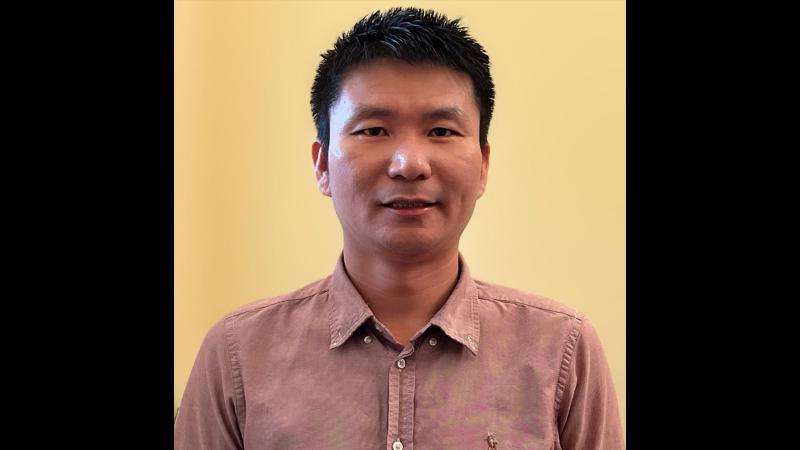December 13, 2023

Jian Shi, Ph.D., associate professor in both the Department of Materials Science and Engineering and the Department of Physics, Applied Physics, and Astronomy at Rensselaer Polytechnic Institute (RPI), has been selected for the Simons Foundation's Pivot Fellowship.
According to Simons Foundation, the Pivot Fellowship program aims to “support researchers who have a strong track record of success and achievement in their current field, and a deep interest, curiosity, and drive to make contributions to a new discipline. The fellowship will enable today’s brightest minds to apply their talent and expertise to a new field and will consist of one training year where the fellow will be embedded in a lab of a mentor to learn the new discipline and its culture.”
During his fellowship, Shi will study the design, fabrication, and testing of superconducting quantum bits, which are the basic building block of some quantum computers. These superconducting quantum bits — known by experts as superconducting transmon qubits — perform the computations in many of today’s quantum computers.
Shi hopes his work will lead to a better understanding of how the materials components of this basic building block affect quantum decoherence.
Understanding why quantum decoherence is one of the most important topics for quantum computing requires a short primer on quantum computing.
Quantum computing takes advantage of the superposition and entanglement of quantum states, Shi said.
“In quantum computing, precise control of superimposed or entangled quantum states is required,” he said. “The control may become ineffective when unintentional quantum decoherence appears. Suppose that at one moment the quantum state is 1 in a superconducting qubit; as time goes, without any intentional control, if the quantum state 1 gradually changes to state 0, this is known as quantum relaxation. Such a process is due to the exchange of energy between the quantum state and the environment.
“Another way we lose qubit information is through dephasing, in which another attribute of quantum state (the phase of the state) becomes smudged due to unwanted noises in the devices. For high-performance quantum computing, we must avoid or minimize these two processes.”
Under this fellowship, Jian Shi will investigate the fundamental mechanisms associated with materials issues underlying the quantum decoherence phenomena observed in superconducting qubits.
“This fellowship provides such a great opportunity for me to help answer one of the most fundamental questions in the field of superconducting quantum computing,” Shi said. “Quantum decoherence is a long-standing topic in the field of quantum mechanics and quantum engineering. It is its mystical nature, and if we could master it, the sheer magnitude of the potential technological impact on humanity, that got me interested.”